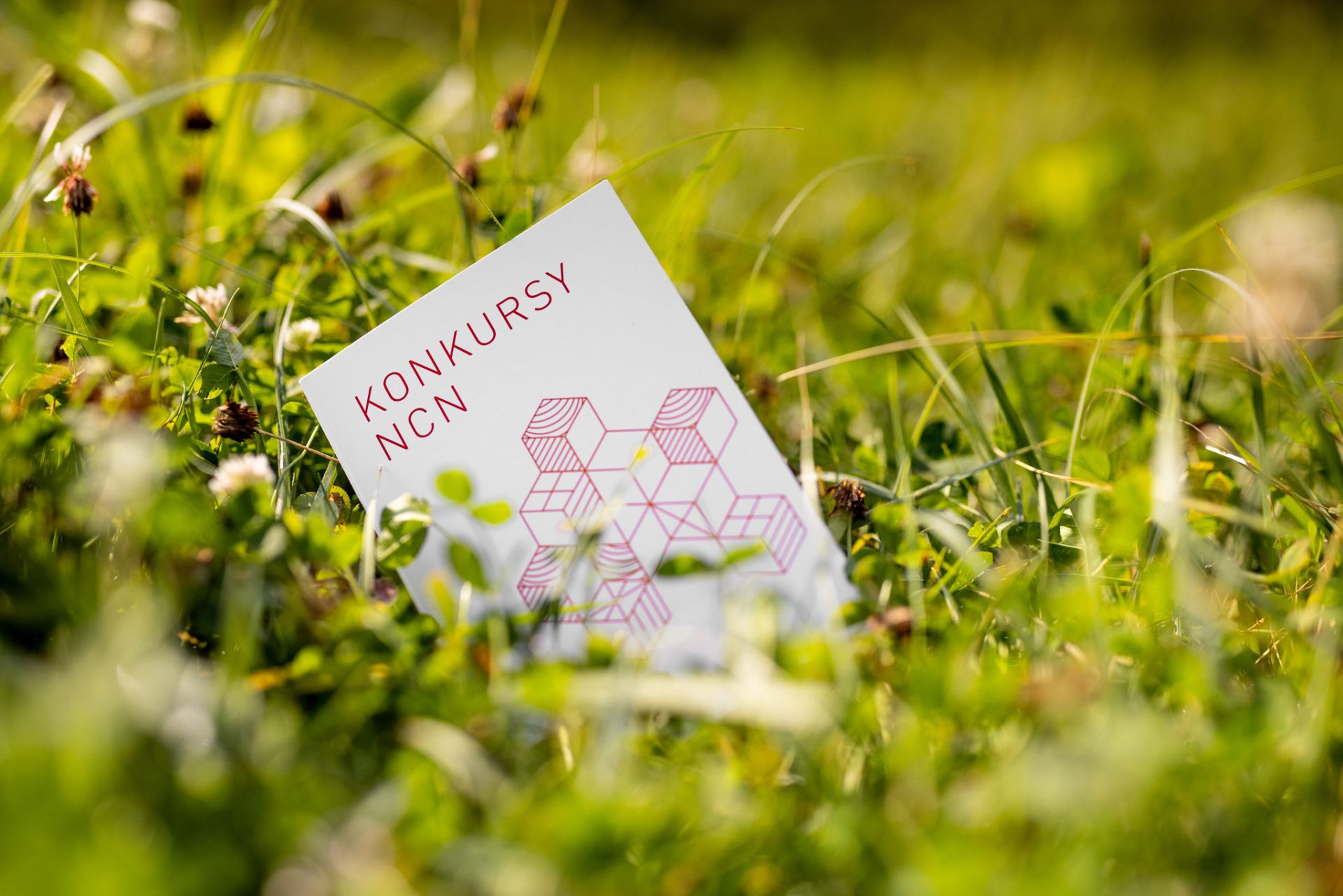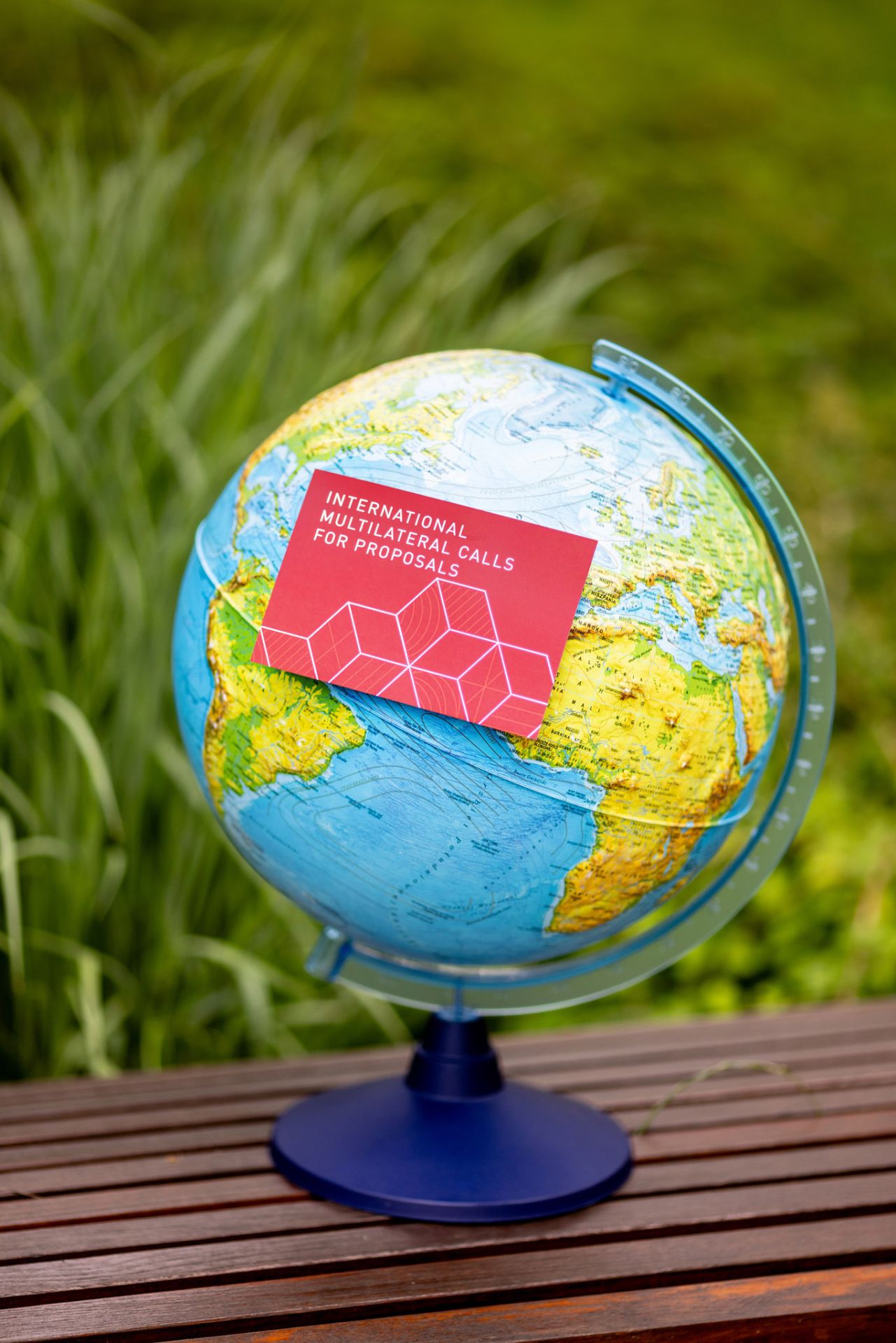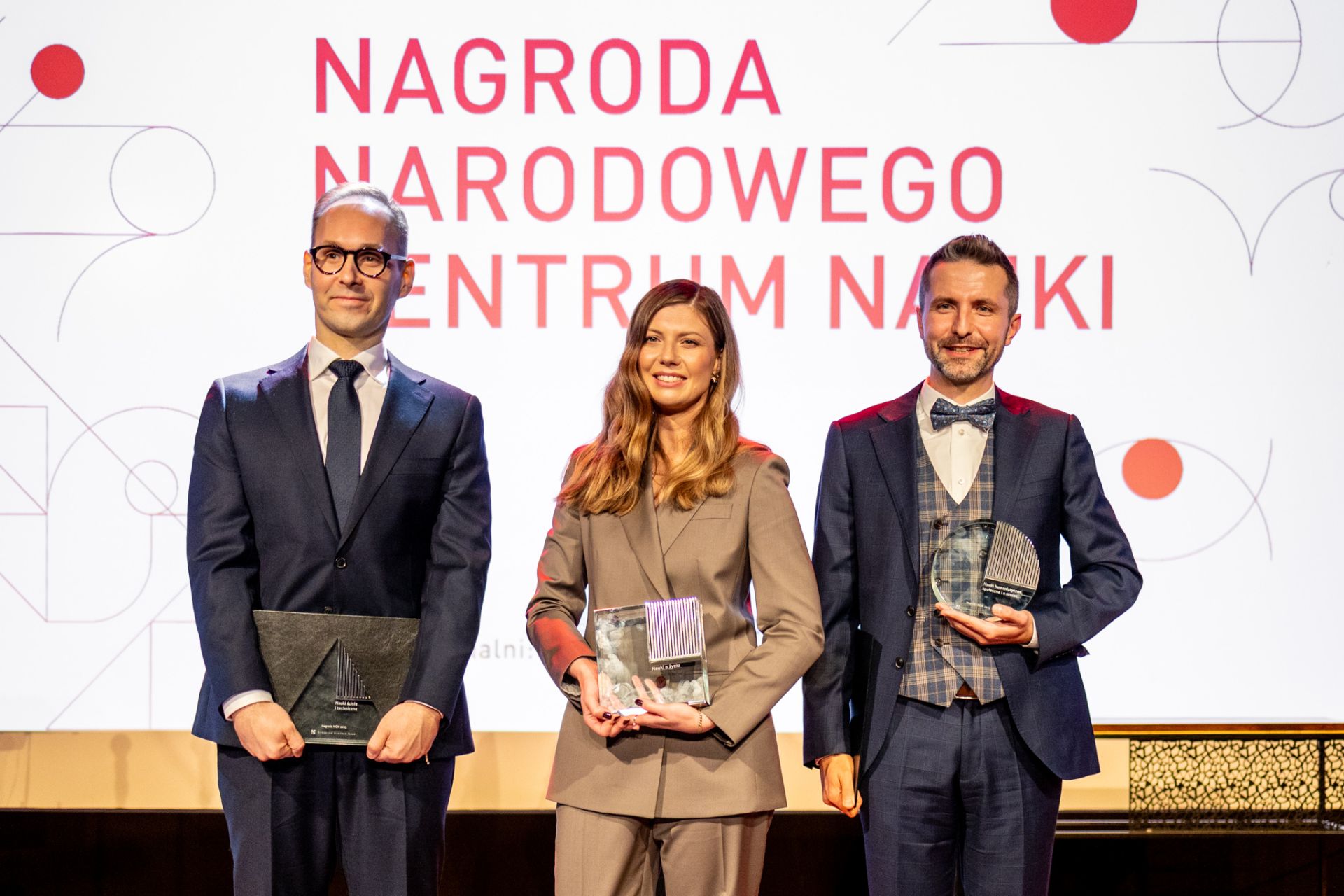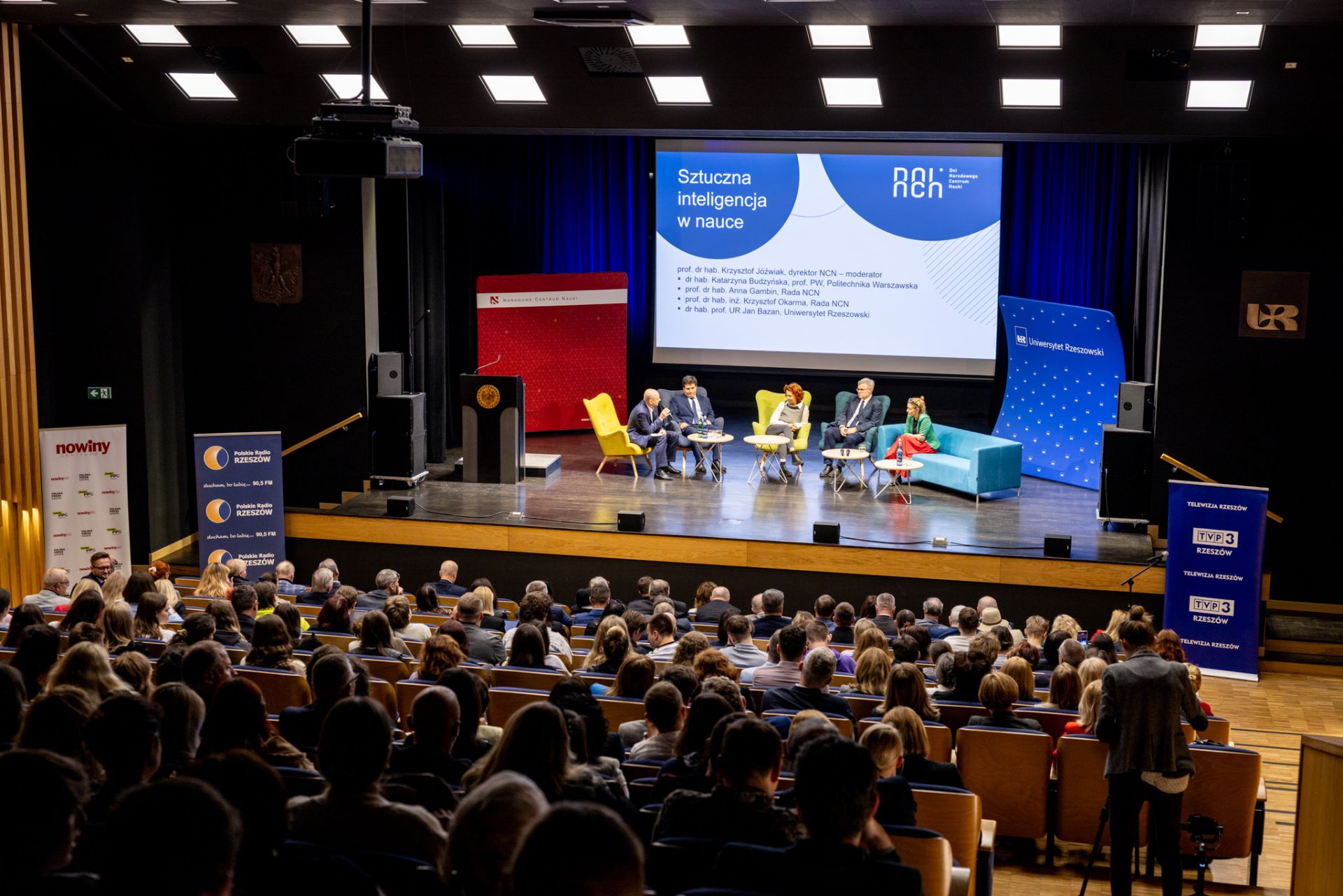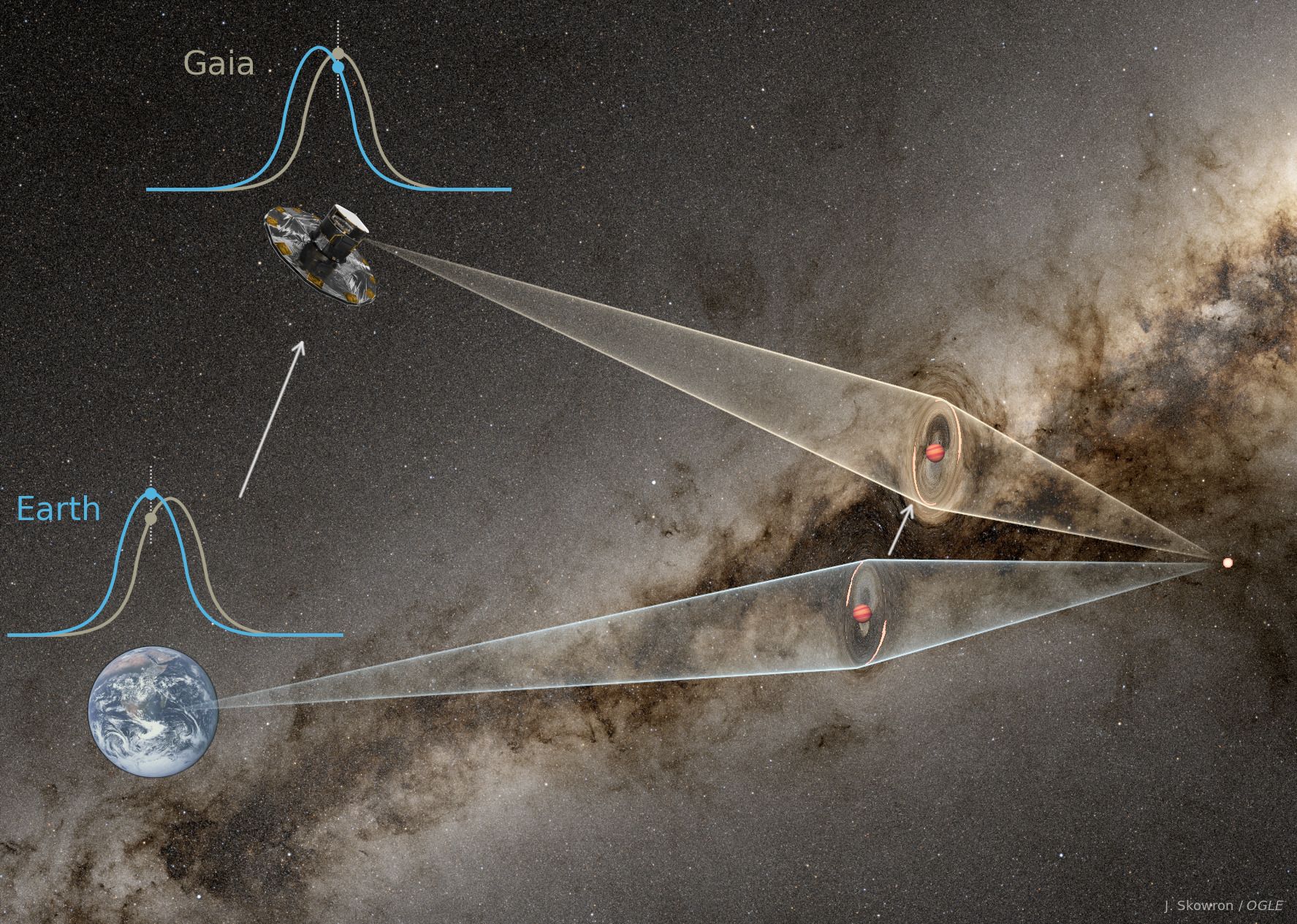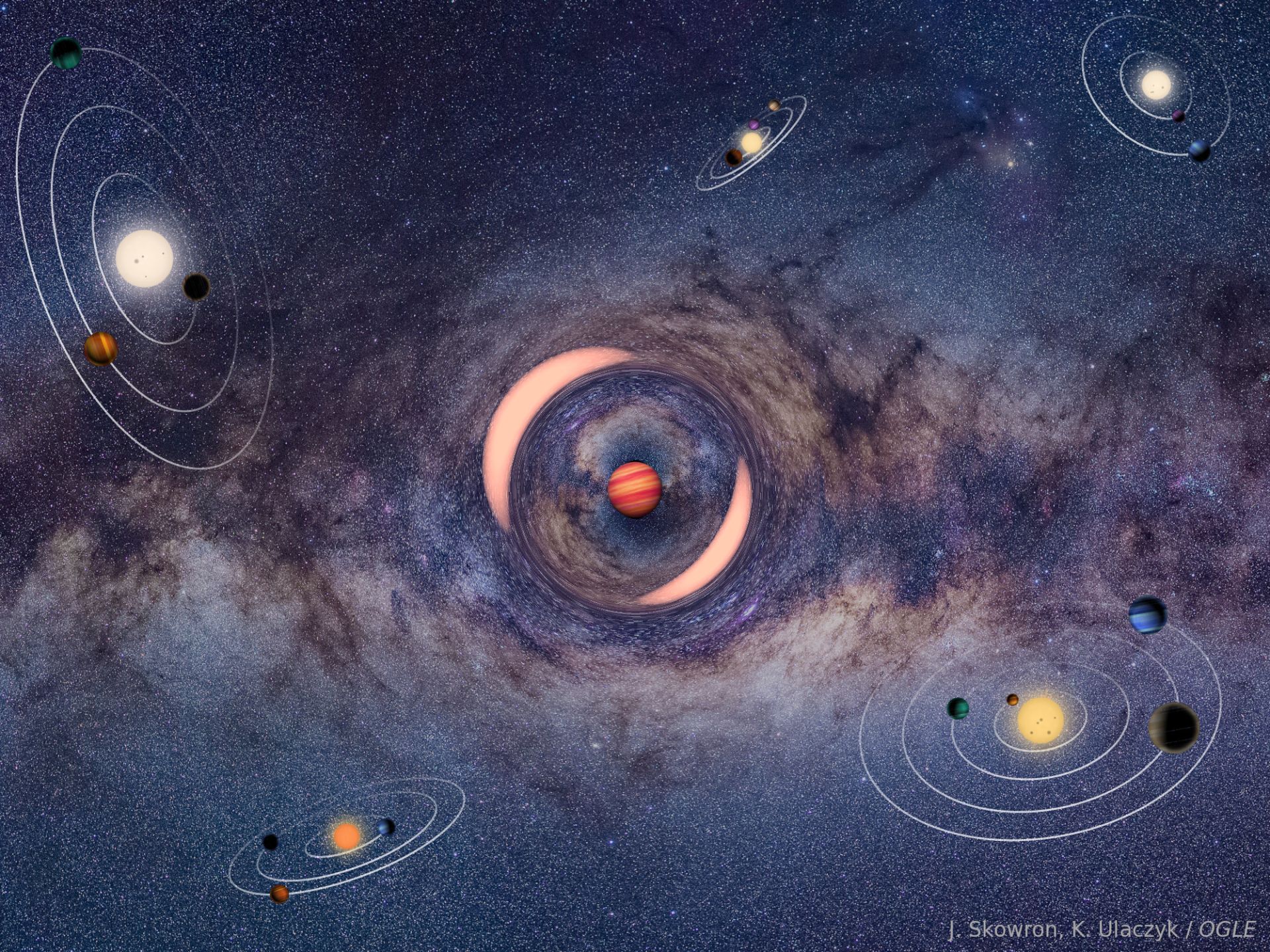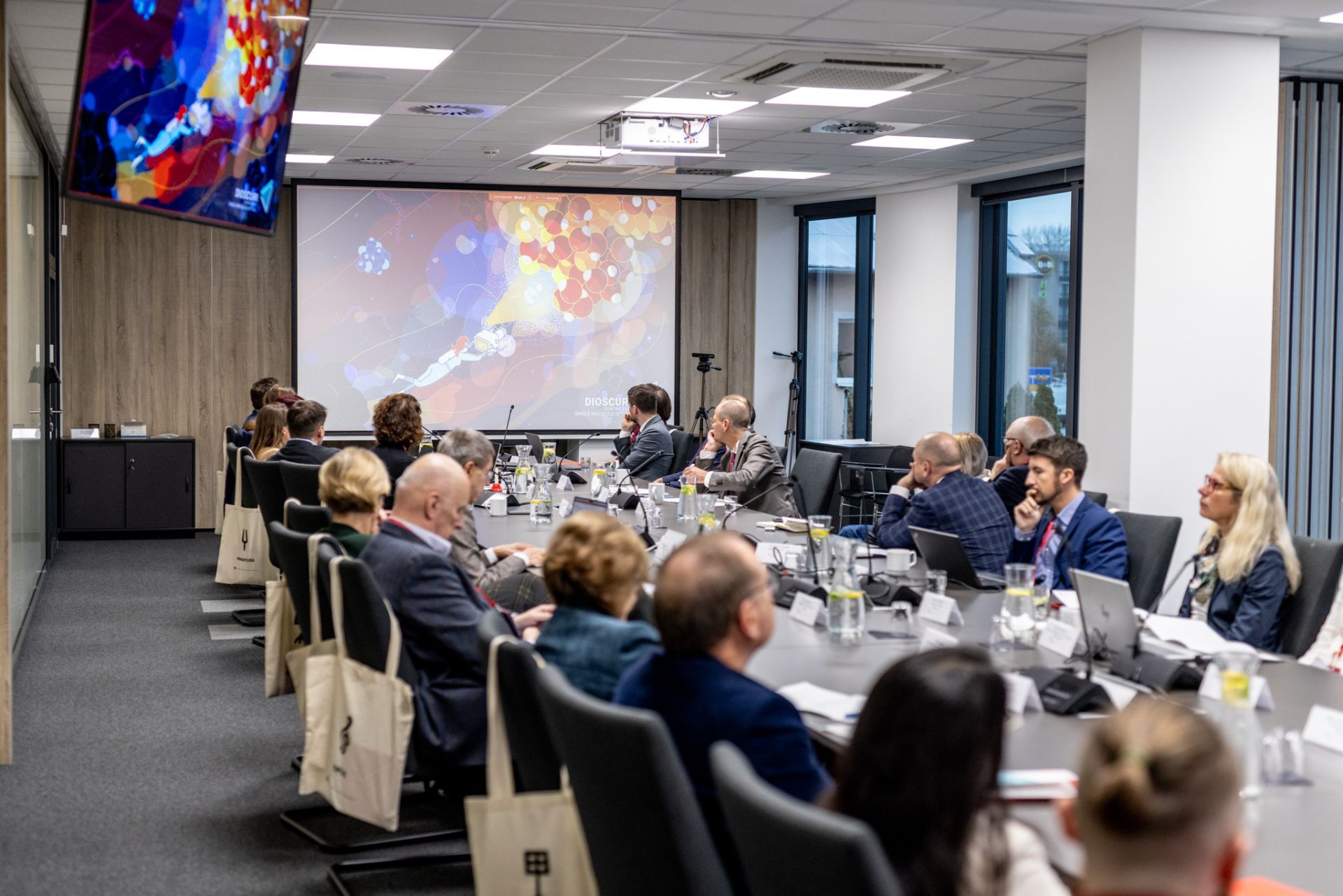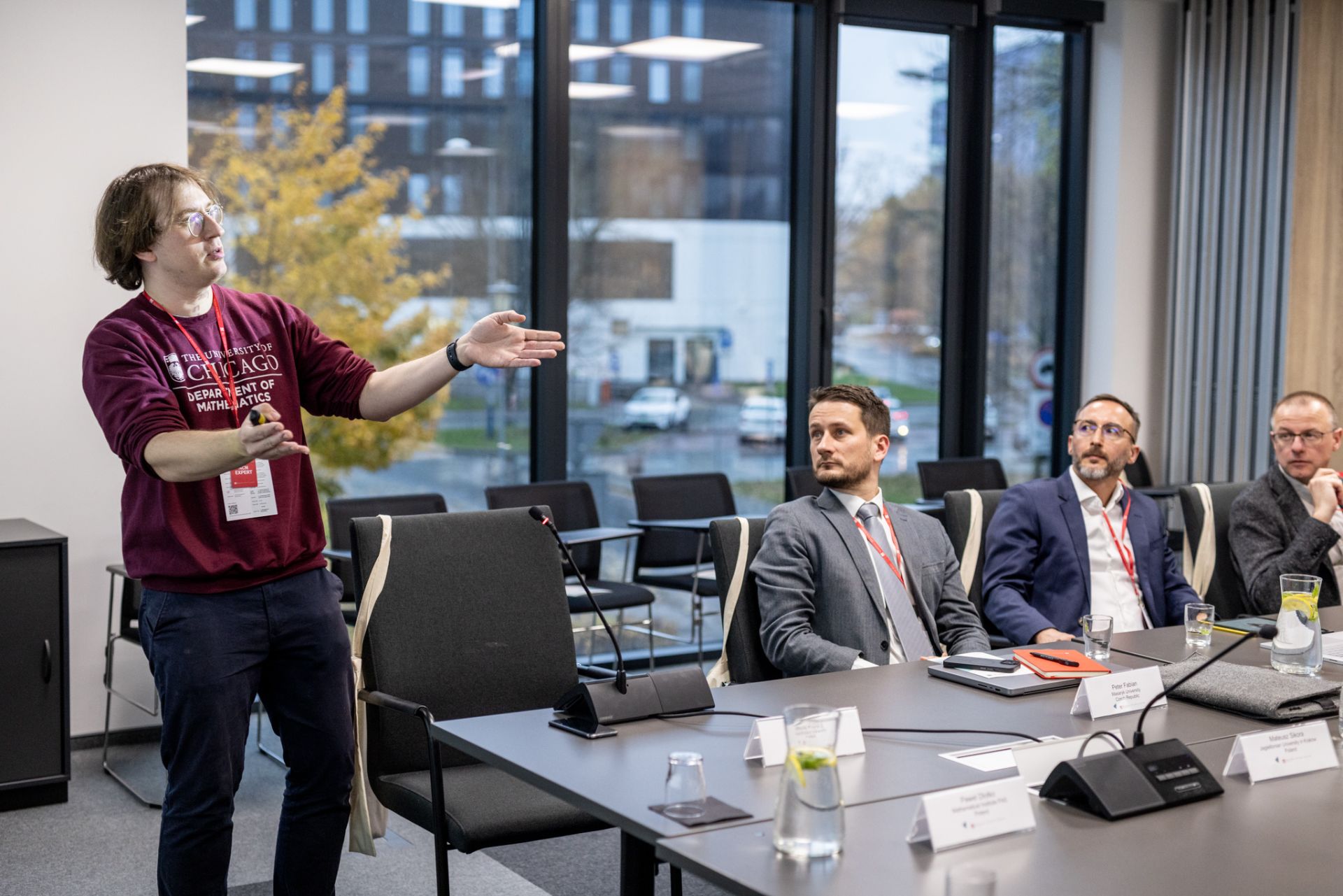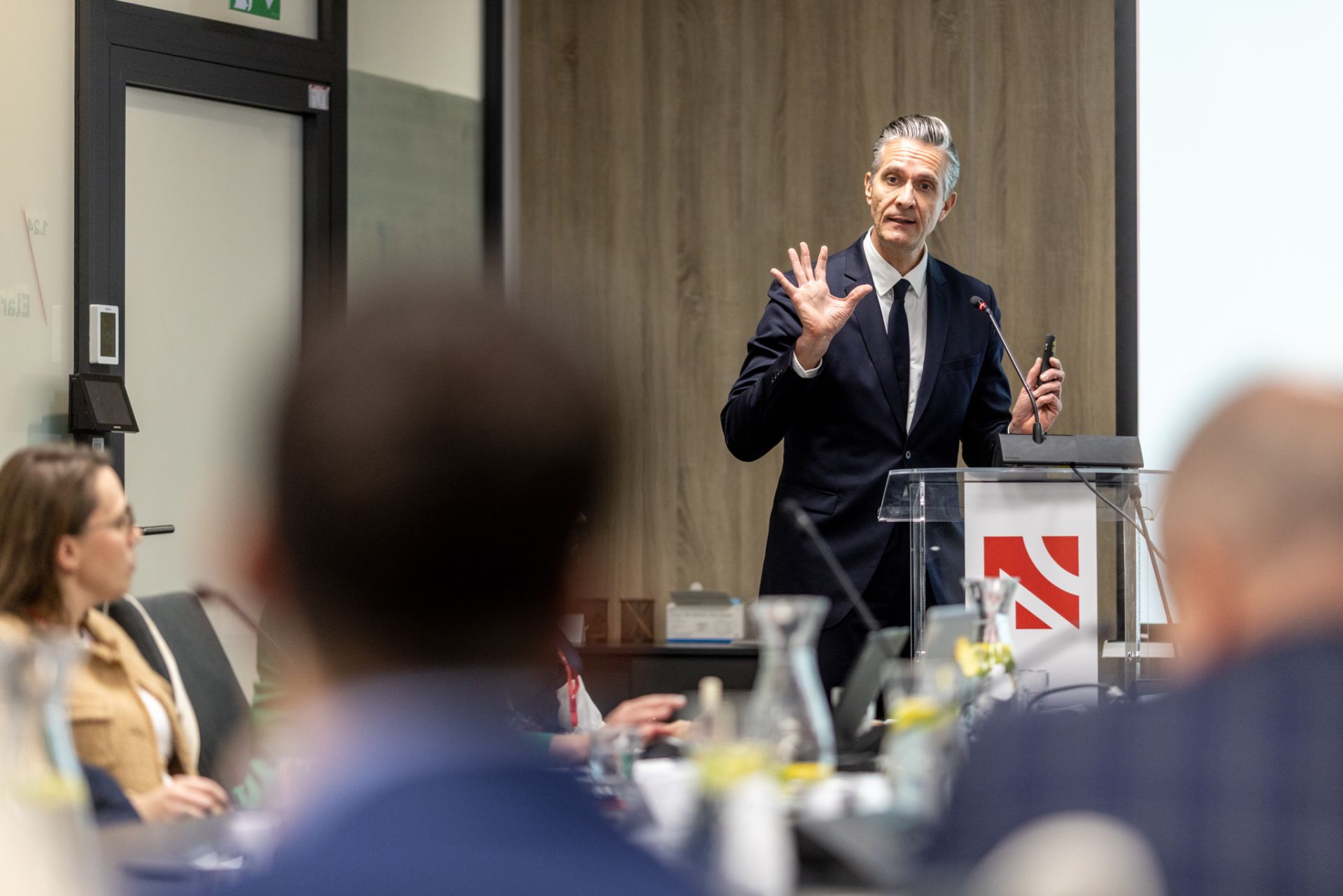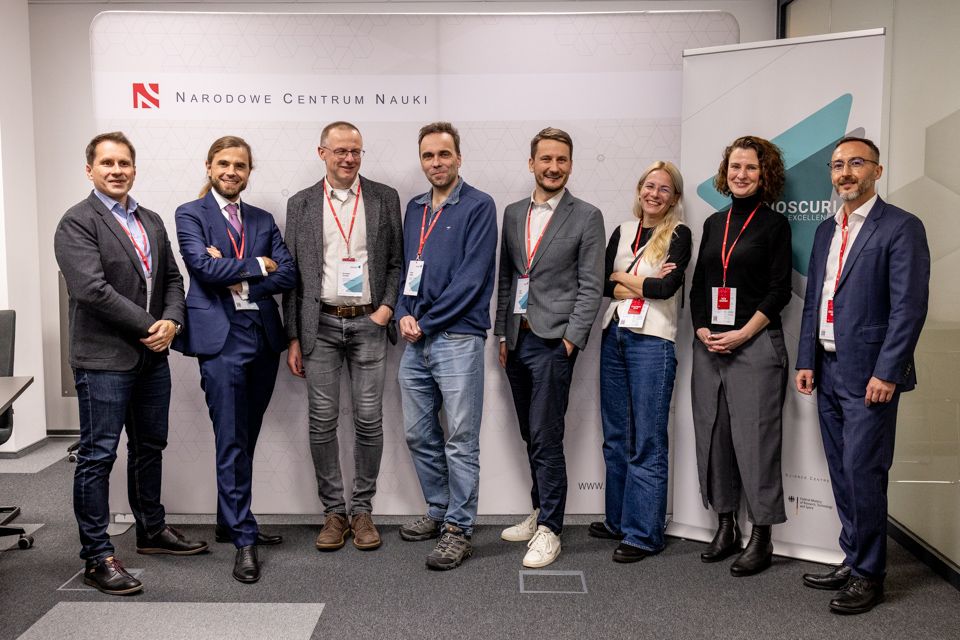Research in Action
The fourth edition of the EEA and Norway Grants focuses on fundamental research that helps to improve understanding of key social and environmental challenges. As the programme operator, NCN will support projects that combine different research fields and produce results that can be used in the development of public policy.
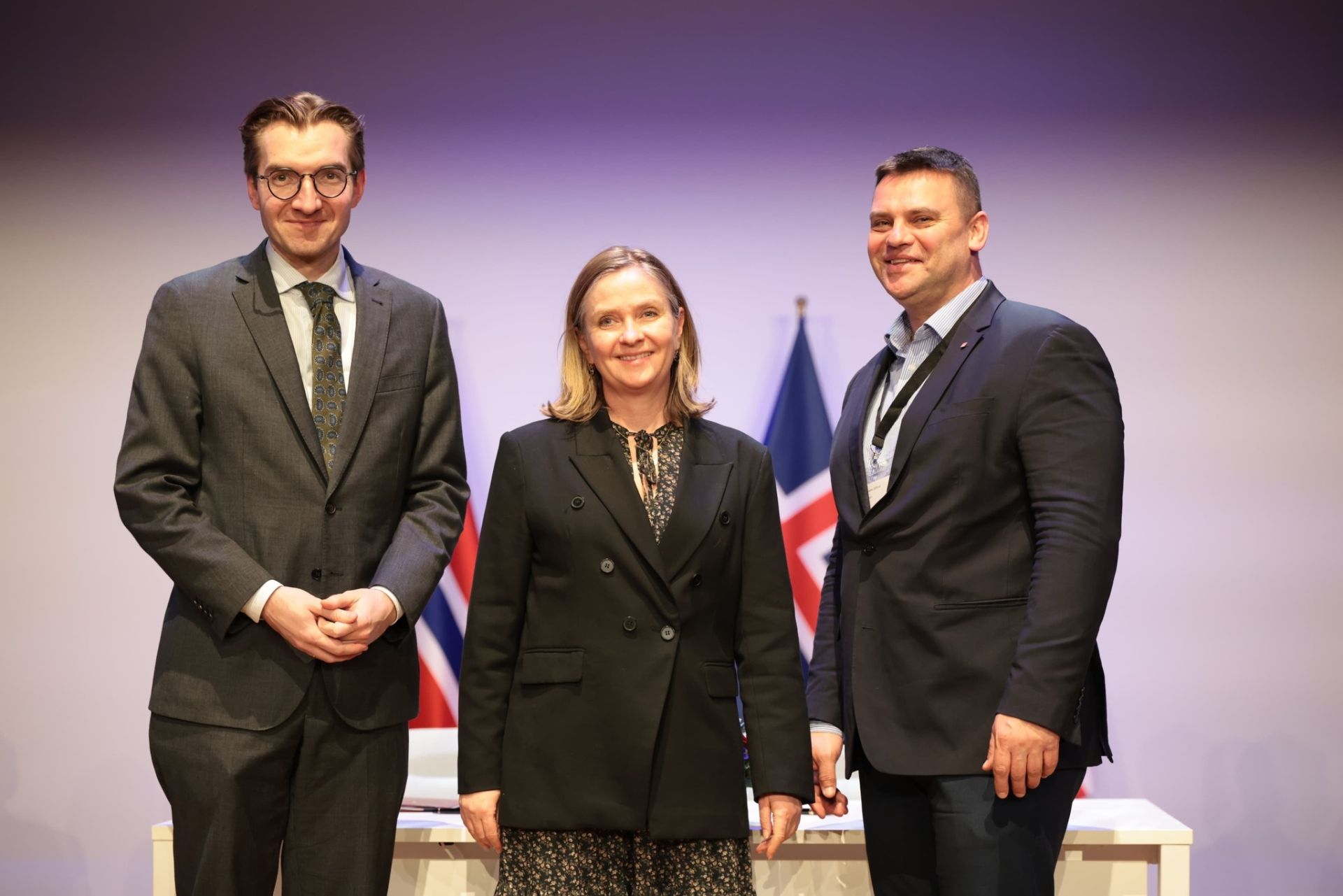 Signing of agreements for the first five programmes funded under the fourth edition of the EEA and Norway Grants: Secretary of State at the Ministry of Funds and Regional Policy Jan Szyszko, Chair of the Financial Mechanisms Committee Kristin Hansen, and Dr Marcin Liana, Deputy Director of the National Science Centre, photo: MFiPR
The programme agreements initiating the fourth edition for the years 2021–2028 were signed on 4 February 2026 at the Museum of Polish History in Warsaw. The budget for the “Basic Research” programme exceeds EUR 71 million, and project funding will be available until the end of April 2031.
Signing of agreements for the first five programmes funded under the fourth edition of the EEA and Norway Grants: Secretary of State at the Ministry of Funds and Regional Policy Jan Szyszko, Chair of the Financial Mechanisms Committee Kristin Hansen, and Dr Marcin Liana, Deputy Director of the National Science Centre, photo: MFiPR
The programme agreements initiating the fourth edition for the years 2021–2028 were signed on 4 February 2026 at the Museum of Polish History in Warsaw. The budget for the “Basic Research” programme exceeds EUR 71 million, and project funding will be available until the end of April 2031.
In this edition, we have planned two research calls and two supporting calls, addressed to research teams implementing projects in collaboration with partners from Norway, Iceland and Liechtenstein. The calls are GRIEG BIS (with a budget of EUR 50 million) and the interdisciplinary LANGSPIL (with a budget of EUR 12 million). Both will be launched in 2026 and will include three-year projects implemented on a bilateral or multilateral basis. Projects submitted to the calls will need to align with at least one of the three donor priorities specified in the Blue Book: green transition, democracy and the rule of law, and social transformations and resilience. Also this year, the first of the supporting calls will be launched — Coordination & Capacity Kick-off — aimed at supporting team formation and developing research concepts for international interdisciplinary projects. The second supporting call — Coordination & Capacity Follow-up — is planned for 2028 and will support the valorisation of knowledge generated in projects funded under the programme. We will also strengthen polar research through the predefined project SPARK, which will involve scientists from Poland, Iceland and Norway.
Going Beyond Boundaries
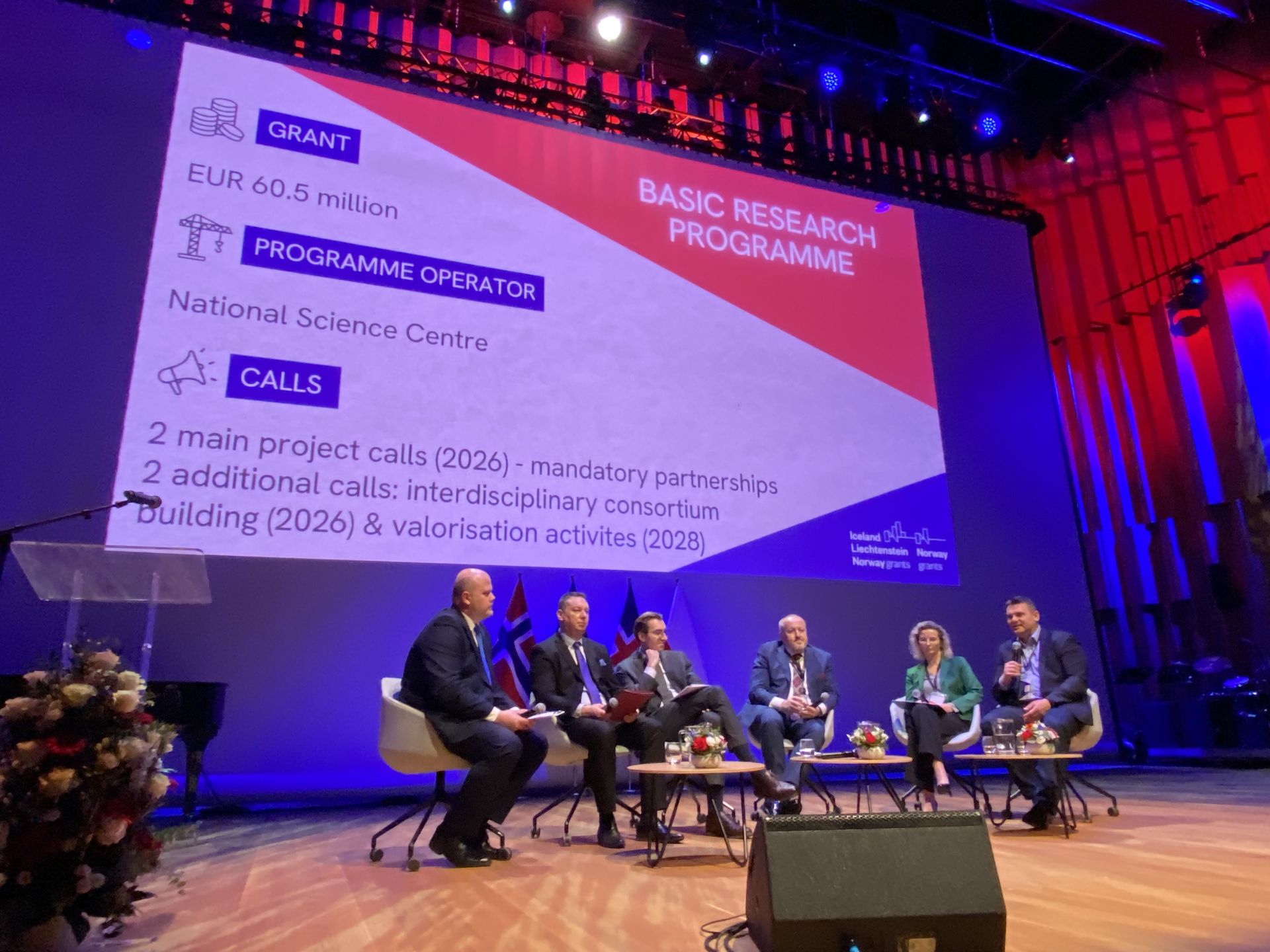 Presentation of the Basic Research Programme
In the years 2017–2024, during the previous edition of the EEA and Norway Grants, NCN managed a budget of EUR 54 million. The resources were allocated to, among other areas: research on early risk assessment of cancer and non-invasive methods for diagnosing the circulatory system; projects on activism and alternative forms of citizenship, data privacy and the politics of law; as well as research on the effects of climate change, and the social and psychological responses to the climate crisis. The results of peatland research conducted in Poland and Norway are now forming the basis for further planning of protection measures for these ecosystems and the restoration of peatland areas.
Presentation of the Basic Research Programme
In the years 2017–2024, during the previous edition of the EEA and Norway Grants, NCN managed a budget of EUR 54 million. The resources were allocated to, among other areas: research on early risk assessment of cancer and non-invasive methods for diagnosing the circulatory system; projects on activism and alternative forms of citizenship, data privacy and the politics of law; as well as research on the effects of climate change, and the social and psychological responses to the climate crisis. The results of peatland research conducted in Poland and Norway are now forming the basis for further planning of protection measures for these ecosystems and the restoration of peatland areas.
This is precisely the kind of impact NCN aims for in the new funding cycle. “Not commercialisation or patents, but situations in which research results are genuinely used in developing regulations, educational programmes or public policy,” emphasises Joanna Węgrzycka from the NCN Team for the EEA and Norway Grants. The fourth edition places particular emphasis on transdisciplinarity, meaning going beyond academic boundaries. The key competition here will be LANGSPIL, which assumes collaboration between researchers and non-academic partners, such as local authorities and civil society organisations. “We want researchers to step out of their disciplines and work with partners from other fields and beyond academia who are genuinely interested in solving a given challenge,” adds Joanna Węgrzycka.
The increased budget in this edition of the EEA and Norway Grants is a result of NCN’s effective management in previous years. We utilised nearly 100 % of the available funds, which translated into a larger allocation for the current cycle. “We delivered not only all the planned calls, but also additional activities: a scholarship programme for early-career researchers from Ukraine, the predefined polar project CRIOS, and two bilateral initiatives — HarSval in polar research and Science & Society in the Social Sciences and Humanities,” lists Dr Marzena Oliwkiewicz-Miklasińska, Head of the EEA and Norway Grants Team at NCN.
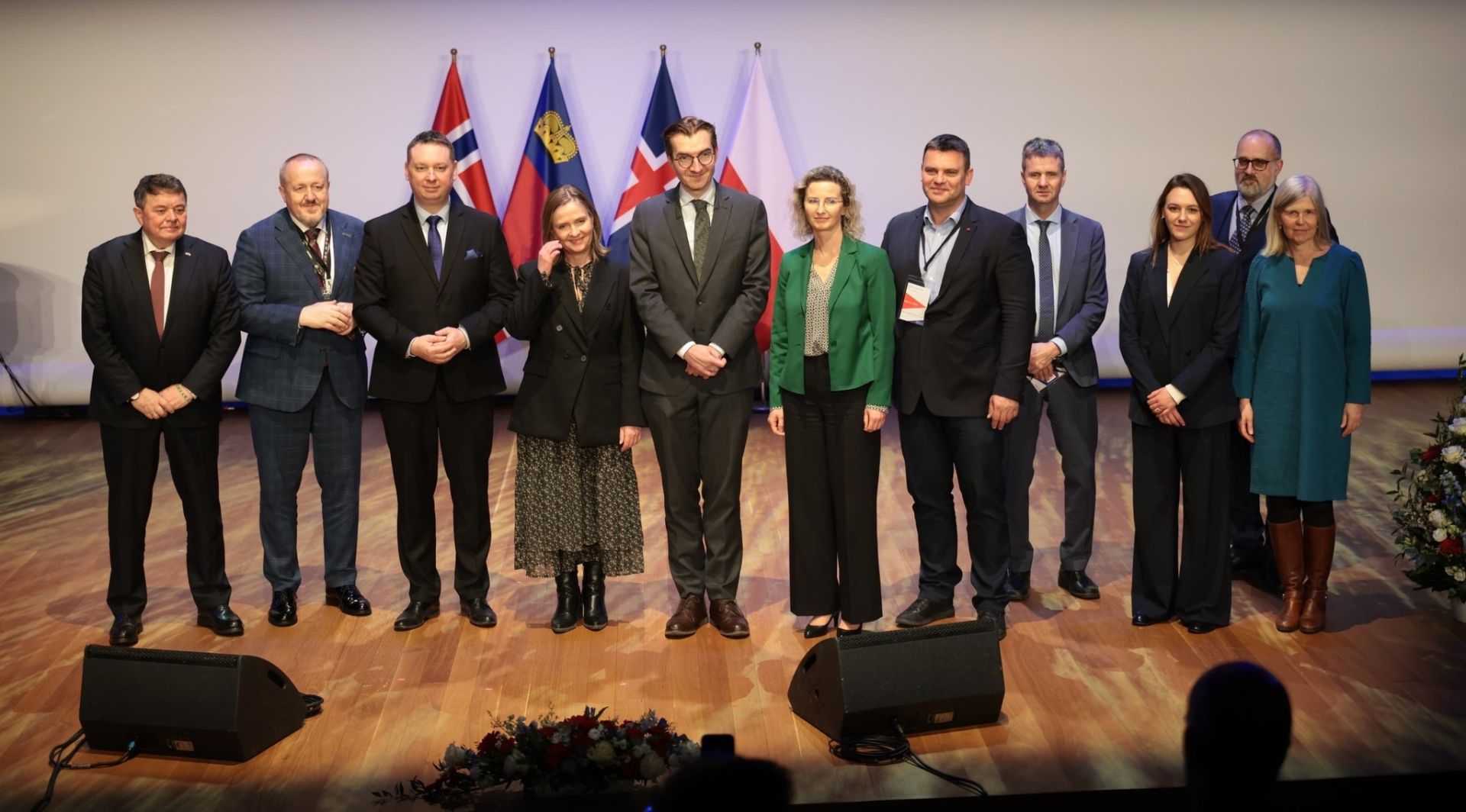 Signing of programme agreements for the 4th edition of the EEA and Norway Grants, photo credit: MFiPR
Signing of programme agreements for the 4th edition of the EEA and Norway Grants, photo credit: MFiPR
Fourth Edition of “Basic Research” — At a Glance:
- GRIEG BIS (EUR 50 million): a call for proposals in the bottom-up formula;
- LANGSPIL (EUR 12 million): a new call for interdisciplinary and transdisciplinary projects;
- Staff support: projects will be required to ensure that early-career researchers coordinate at least one research task, gaining experience in managing large international projects. Initiatives supporting gender equality in research will also continue.
- Coordination & Capacity calls: “Kick-off” — supporting the establishment of interdisciplinary teams and “Follow-up” — scheduled for 2028, focused on the valorisation of research results.
According to the schedule, the calls for GRIEG BIS and C&C Kick-off are planned for June 2026. Recruitment for the LANGSPIL programme will open towards the end of the year, while the predefined polar project SPARK is set to launch in September.
The objective remains unchanged: to fund research capable of addressing the challenges of the modern world.


